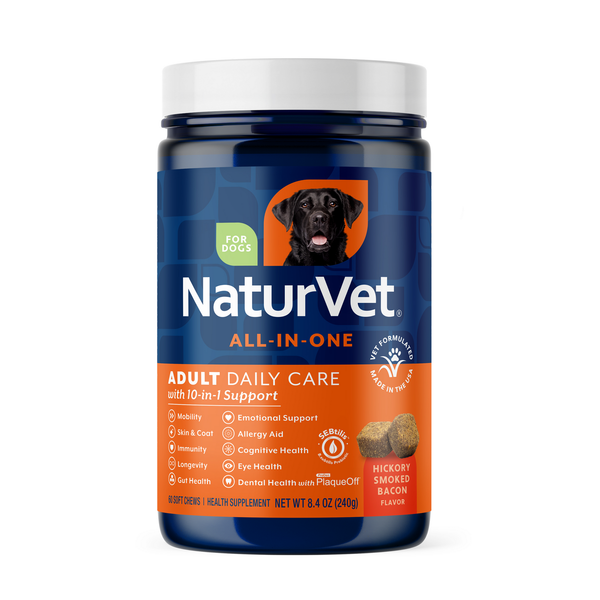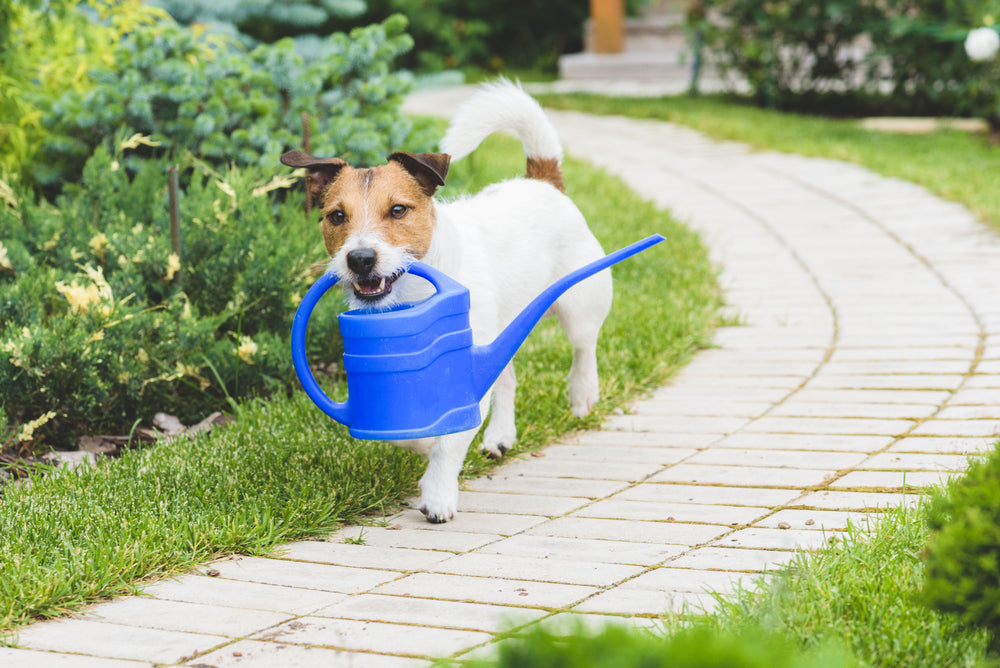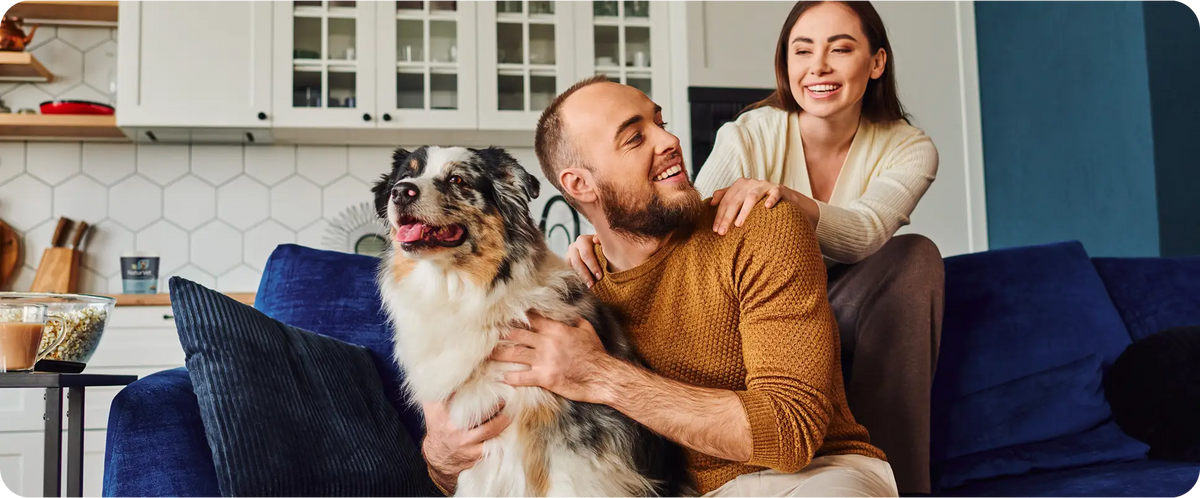From Fido to Ficus: A List of Pet-Friendly Plants for Your Garden
Welcome to our guide on pet-friendly gardening! If you're a pet parent, you know how important it is to keep your furry friend healthy and happy. One way to do that is by creating a pet-friendly environment both inside and outside of your home.
In this article, we'll discuss the benefits of incorporating pet-friendly plants into your home and garden, as well as tips for ensuring your pet's safety while they explore the great outdoors. Whether you're a seasoned gardener or a budding beginner, this guide will provide valuable information to help you become a better pet parent. Let's get started!
Pet-Friendly Indoor Plants
Benefits of indoor plants for pets
Indoor plants not only add beauty and freshness to your home, but they can also have a positive impact on your pet's health. Plants naturally help to purify the air by removing toxins, dust, and mold spores. This can be especially beneficial for pets that suffer from respiratory issues, such as asthma or allergies. Additionally, plants can help to reduce stress and anxiety in both pets and their owners, creating a more peaceful and calming environment.
List of non-toxic indoor plants for pets
When choosing indoor plants for your home, it's important to select species that are safe for your pets. Here are some non-toxic indoor plants to consider:
- Spider plant (Chlorophytum comosum)

- Boston fern (Nephrolepis exaltata)

- Calathea (Calathea spp.)

- Bamboo palm (Chamaedorea seifrizii)

- Parlor palm (Chamaedorea elegans)

- African violet (Saintpaulia spp.)

- Peperomia (Peperomia spp.)

- Baby rubber plant (Peperomia obtusifolia)

- Friendship plant (Pilea involucrata)

- Ponytail palm (Beaucarnea recurvata)

Consider incorporating pet-friendly plants into your main living spaces
Indoor plants can provide a number of benefits to both you and your pets. If you don't already have plants in your home, consider adding some non-toxic ones to improve the air quality and create a more calming environment. When selecting plants for your home, be sure to research their toxicity and choose ones that are safe for your pets.
Pet-Safe Plants for Outdoor Landscaping
List of pet-friendly outdoor plants
If you have a garden or outdoor landscaping, you might be wondering which plants are safe for your pets. Find some of our favorite pet-friendly outdoor plants below:
- Petunias (Petunia spp.)

- Sunflowers (Helianthus spp.)

- Zinnias (Zinnia spp.)

- Roses (Rosa spp.)

- Snapdragon (Antirrhinum spp.)

- Nasturtiums (Tropaeolum spp.)

- Bachelor's button (Centaurea cyanus)

- Cosmos (Cosmos spp.)

- Lavender (Lavandula spp.)

Add pet-safe plants to your outdoor landscaping
By choosing pet-safe plants for your outdoor landscaping, you can create a safe and healthy environment for your pets to enjoy. When selecting plants for your garden, make sure to research their toxicity and choose ones that are not harmful to your furry friends. Incorporating pet-friendly plants into your outdoor space can also provide a source of mental stimulation for your pets, as they can explore and interact with their surroundings. Consider adding some of the pet-safe plants listed above to your outdoor space to create a beautiful and safe environment for both you and your pets.
Related Reading: Exploring the Benefits of Outdoor Playtime
Poisonous Plants for Dogs and Cats
While there are many plants that are safe for pets, there are also numerous plants that can be toxic and potentially harmful. It's important to be aware of these poisonous plants, so you can avoid bringing them into your home or outdoor space. Here are some common poisonous plants for dogs and cats:
Indoors:
- Sago palm (Cycas revoluta)

- English ivy (Hedera helix)

- Pothos (Epipremnum aureum)

- Dieffenbachia (Dieffenbachia spp.)

- Philodendron (Philodendron spp.)

- Snake plant (Sansevieria trifasciata)

- Amaryllis (Hippeastrum spp.)

- Cyclamen (Cyclamen spp.)

- Peace lily (Spathiphyllum spp.)

- ZZ plant (Zamioculcas zamiifolia)

Outdoors:
- Lily of the valley (Convallaria majalis)

- Azalea (Rhododendron spp.)

- Oleander (Nerium oleander)

- Daffodils (Narcissus spp.)

- Hydrangea (Hydrangea spp.)

- Rhubarb (Rheum rhabarbarum)

- Yew (Taxus spp.)

- Lily (Lilium spp.)

- Foxglove (Digitalis purpurea)

- Tulips (Tulipa spp.)

Research plant toxicity and keep pets safe
It's crucial to research plant toxicity and avoid bringing poisonous plants into your home or outdoor space. If you suspect that your pet has ingested a toxic plant, contact your veterinarian immediately. By being aware of the potential dangers of certain plants and taking steps to keep your pets safe, you can create a healthy and happy environment for both you and your furry friends.
Tips for Pet-Safe Gardening
Now that you know which plants are safe and which ones to avoid, here are some additional tips to ensure that your garden is as pet-friendly as possible:
Create designated areas for your pets
If your pets enjoy spending time in the garden with you, consider creating a designated area just for them. You can add a small patch of pet-safe grass or a sandbox for them to play in. By providing them with their own space, you can keep them away from potentially harmful plants and ensure that they are safe and happy.
Use natural pest control methods
Instead of using chemical pesticides and fertilizers, consider using natural alternatives to keep your garden healthy and pest-free. For example, you can use companion planting to deter pests or make your own organic fertilizer from kitchen scraps.
Install barriers or fencing
If you have a particularly curious or adventurous pet, consider installing barriers or fencing to keep them out of areas where they shouldn't be. This can include raised beds or areas where poisonous plants are growing.
Store gardening supplies out of reach
Gardening supplies such as fertilizers, pesticides, and herbicides can be dangerous for pets if ingested. Be sure to store these items in a secure location where your pets can't access them.
Make your garden pet-friendly
By following these tips, you can create a beautiful and safe garden for both you and your pets to enjoy. Remember to always do your research and be mindful of the plants and products you bring into your garden. With a little bit of effort, you can create a pet-friendly outdoor space that your furry friends will love.
—
In conclusion, creating a pet-friendly garden is a great way to enjoy the outdoors with your furry friends while also ensuring their safety. Whether you have a cat, dog, or other pet, it's important to be mindful of the plants you choose and the gardening products you use.
By selecting pet-safe plants, creating designated areas for your pets, using natural pest control methods, installing barriers or fencing, and storing gardening tools and supplies out of reach, you can create a beautiful and safe garden for both you and your pets to enjoy.
Remember to always do your research and consult with a veterinarian if you're unsure about the safety of a particular plant or gardening product. With a little bit of effort and creativity, you can create a pet-friendly outdoor space that will provide years of enjoyment for you and your furry friends.
JOIN OUR PACK
Follow us @NaturVet on social media to fill us in on any tips we might have missed. And, check out the rest of NaturVet.com. We’ll keep you up to date on all our latest pet resources, supplements, tips and tricks, and more – everything you need to be the best pet parent possible.























